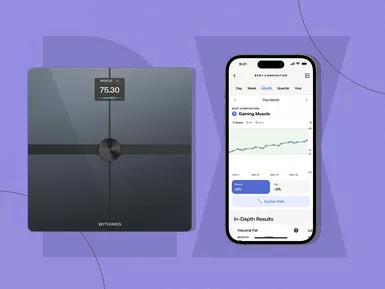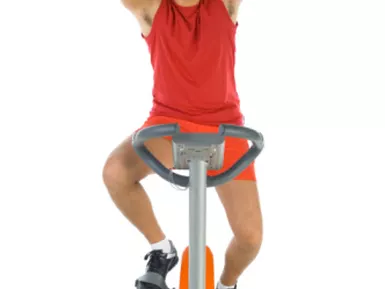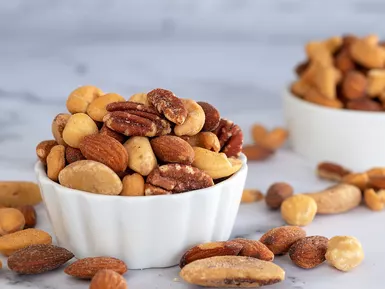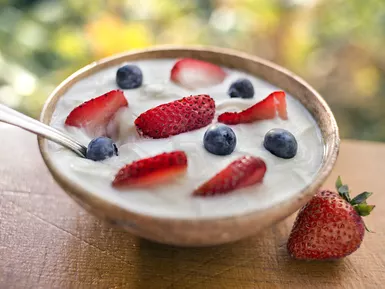Science-Backed Weight Loss: Diet, Exercise & Mindset Tips for Beginners

Science-Backed Weight Loss: Diet, Exercise & Mindset Tips for Beginners
Let’s cut through the noise: Weight loss isn’t about extreme diets or endless cardio. It’s a blend of metabolic science, smart habits, and mental resilience. Whether you’re just starting or stuck in a plateau, this guide breaks down actionable steps rooted in research—no fads, just facts.
The Core Science: Metabolism & Energy Balance
At its simplest, weight loss hinges on energy balance: You need to burn more calories than you consume. But metabolism isn’t static. Harvard Health notes that 60-75% of daily calorie burn comes from resting metabolic rate (RMR)—the energy your body uses for basic functions like breathing. Muscle mass boosts RMR, which is why strength training is critical.
Fat loss specifically occurs when your body taps into adipose tissue for energy, a process triggered by consistent calorie deficits. Contrary to the 'spot reduction' myth (e.g., 'targeting belly fat'), fat is burned systemically—you can’t choose where it leaves first, per a 2021 NIH study.
Common Myths That Sabotage Progress
- Myth 1: 'Starving yourself works fast': Severely restricting calories (below 1,200/day for women) slows metabolism (NASM, 2022), leading to muscle loss and rebound weight gain.
- Myth 2: 'Cardio is all you need': While cardio burns calories, strength training preserves muscle, which keeps your metabolism high. ACE recommends a 3:2 ratio of cardio to strength sessions for optimal fat loss.
- Myth 3: 'Weighing daily is motivating': Fluctuations (from water retention, digestion) can derail progress. Focus on non-scale victories like better sleep or looser clothes.
Diet: Fuel for Fat Loss (Not Deprivation)
A sustainable eating plan prioritizes nutrient density. Here’s what works, per NASM guidelines:
- Protein (25-30% of calories): It boosts satiety and preserves muscle. Aim for 0.8-1g per pound of body weight (e.g., 120g for a 150lb person). Sources: chicken, tofu, Greek yogurt.
- Fiber (25-30g/day): Slows digestion and stabilizes blood sugar. Load up on veggies, oats, and legumes.
- Healthy Fats (20-30% of calories): Avocados, nuts, and olive oil keep you full and support hormone health.
Avoid: Ultra-processed foods high in added sugars, which spike hunger hormones (ghrelin) and disrupt metabolism (Harvard T.H. Chan School).
Exercise: The Synergy of Cardio + Strength
ACE’s 2023 guidelines recommend:
- 150 minutes/week of moderate cardio (brisk walking, cycling) to burn calories and improve heart health.
- 2-3 strength sessions/week (squats, push-ups, dumbbell rows) to build muscle, which raises your RMR by 5-7% per pound of muscle gained (NIH).
Pro tip for beginners: Start with 20-minute walks 3x/week, then add 10 minutes weekly. For strength, use bodyweight exercises—no gym required!
Mindset: The Overlooked 'Secret' to Success
Psychological factors often determine long-term success. A 2020 study in Obesity found that dieters who practiced self-compassion (e.g., 'I’ll try again tomorrow') were 3x more likely to maintain weight loss than those who self-criticized.
Actionable mindset hacks:
- Track progress beyond the scale (e.g., waist circumference, energy levels).
- Practice mindful eating: Pause between bites and ask, 'Am I truly hungry?'
- Set small, specific goals (e.g., 'Cook 3 meals at home this week') instead of 'lose 10 lbs.'
Original Insight: Personalize by Body Type
Not all bodies lose fat the same way.
- Apple-shaped (midsection-heavy): Prioritize stress management (cortisol drives belly fat) and HIIT to boost calorie burn post-workout.
- Pear-shaped (hips/legs heavy): Focus on lower-body strength training (squats, lunges) to tone while maintaining a moderate calorie deficit—extreme restriction may stall progress here.
Your Next Step: Start Small, Stay Consistent
Weight loss is a marathon, not a sprint. This week, pick one action:
- Swap sugary drinks for water/herbal tea.
- Add a 10-minute walk after dinner.
- Write down 3 non-scale wins daily.
Remember: Progress isn’t linear, but consistency beats perfection. You’ve got this—your healthier self is just a series of small, science-backed steps away!

5 Transformative Weight-Loss Resolutions for Success

Workout Routines & Beyond: Science-Based Weight Loss

Vitamin E and Weight Loss: Unveiling the Truth

Effective Strategies to Lose Midriff Fat for Women

8 Non-Scale Victories in Your Weight-Loss Journey

Unveiling the Ornish Diet: A Path to Sustainable Weight Loss

The Power of Social Support in Weight Loss

Personalized Weight Loss: 4 Strategies for Success

Long - Term Weight Loss: Maintaining Healthy Habits

